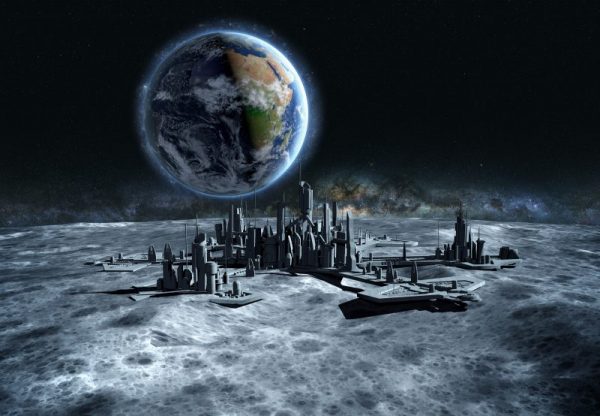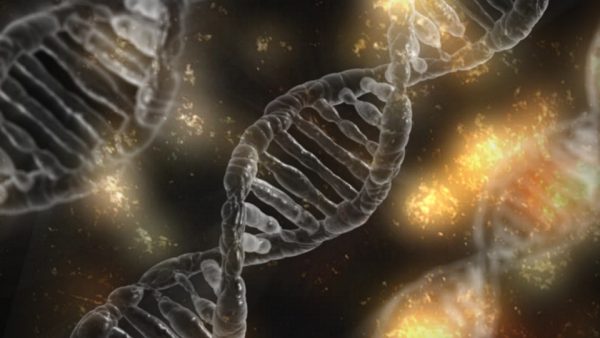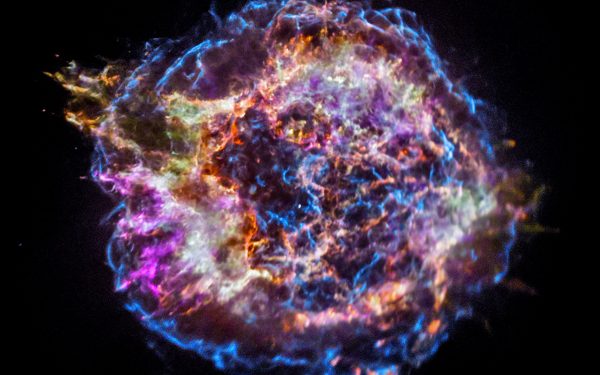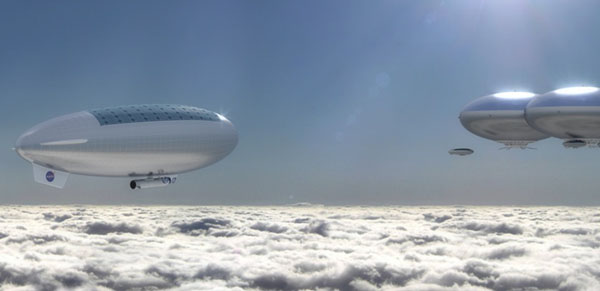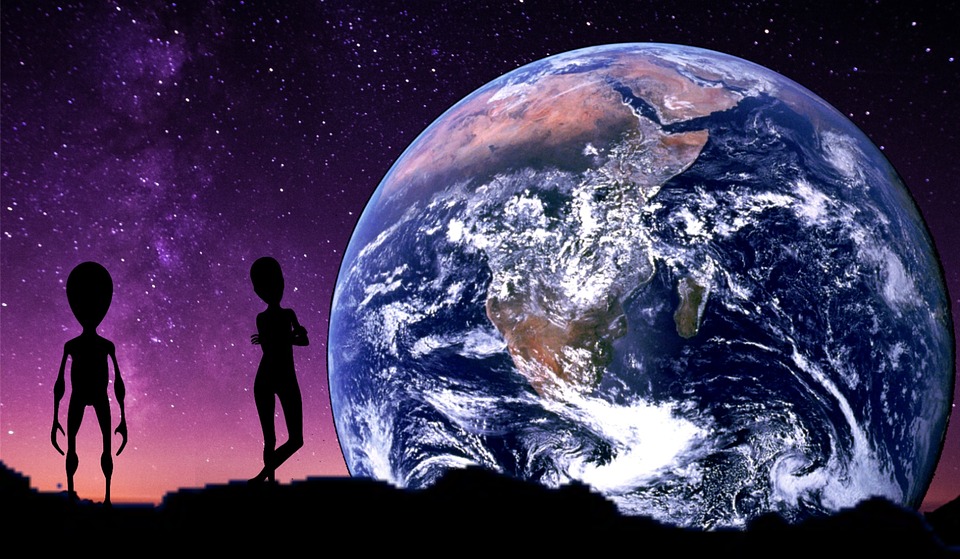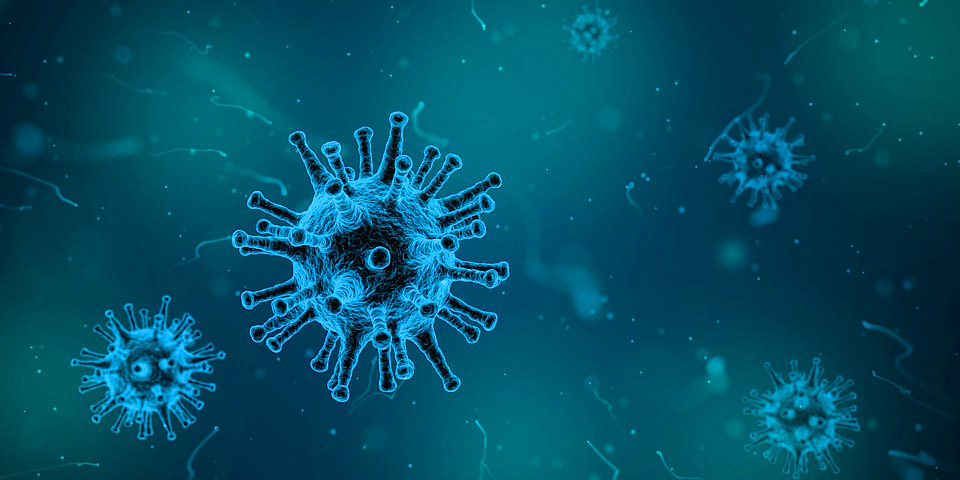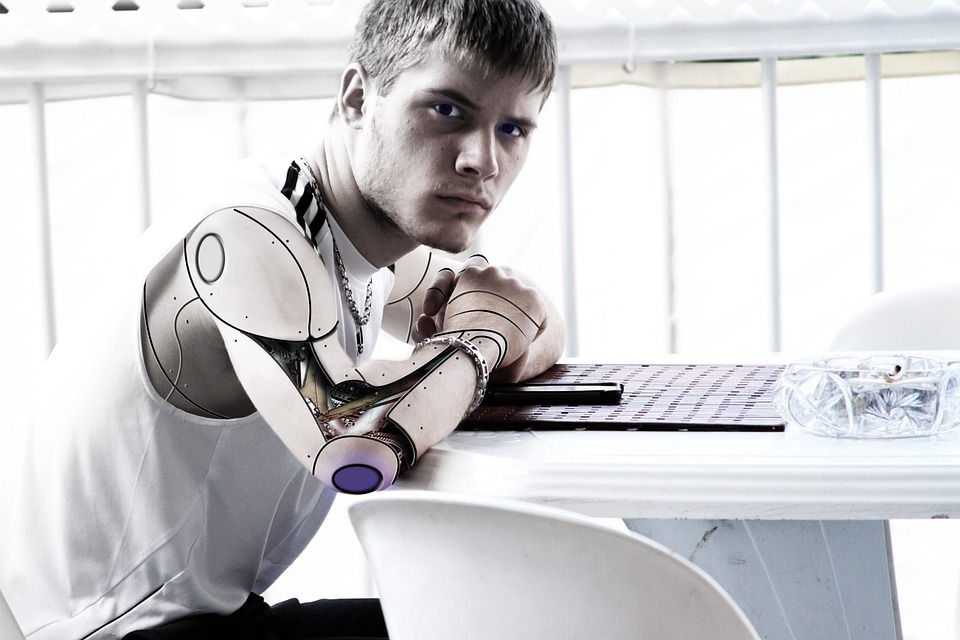SPACE: How Many Humans Could Live on the Moon?
It’s the year 3000. Having used up all of Earth’s natural resources, humans have become a spacefaring race and established colonies on the moon. Vast, sealed domes cluster across its surface, housing cities populated by hundreds of thousands of people. This cold, gray rock has somehow become humanity’s new home. Of course, this is pure science fiction. But no vision of the future is complete without an exterrestrial colony of humans, and since the moon is the closest celestial body to our planet, it’s the easiest to imagine as our futuristic home. But does this vision align with reality? Will … Read more



